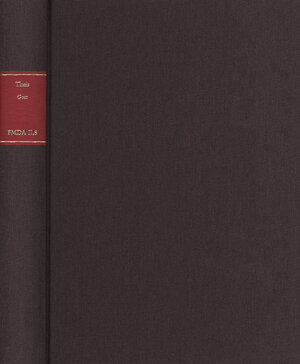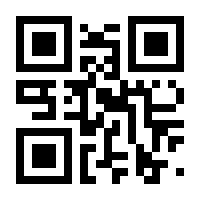
×
![Buchcover ISBN 9783772816024]()
'Das vorliegende Buch widmet sich besonders der Theologie, also der Gotteslehre des frühen Kant, wobei die Gottesbeweise im Vordergrund stehen [.] Dabei wird freilich immer wieder gezeigt, wie sehr das Gottdenken Kants in die Gesamtheit seines Denkens eingebunden ist [.] Der Verfasser hat m. E. aber auch gezeigt, daß der frühe Kant nicht nur als Vorstufe zum Kant der drei Kritiken zu interpretieren ist, sondern eine eigenständige philosophiegeschichtliche Größe darstellt, deren Theologie - unabhängig vom späten Kant - zu begegnen lohnt.' Günther Keil, Theologische Literaturzeitung
Forschungen und Materialien zur deutschen Aufklärung / Gott
Untersuchung zur Entwicklung des theologischen Diskurses in Kants Schriften zur theoretischen Philosophie bis hin zum Erscheinen der Kritik der reinen Vernunft
von Robert TheisThe theological discourse in Kant‹s works is integrated as an absolute justification into an overall philosophical concept and thus does not act independently of this. Based on this theory, the logic of the movement of thought in the theological discourse is rendered comprehensible through the movement of thought of the overall philosophical discourse. Thus it is shown that the transition from an affirmation of the existence of God, as it is phrased paradigmatically in the so-called ontotheological argument, to the point of an affirmation of God as a merely subjective concept of reason should be dated later than is generally assumed in recent research. It is also shown that the theological assertion remains in its function as a justification for authority. This results in an important suggestion for a new interpretation of the chapter on theology in the ›Critique of Pure Reason‹. It is confirmed that developmental history can make a substantial contribution to a deeper understanding of the substantive problems in the ›Critique of Pure Reason‹.


